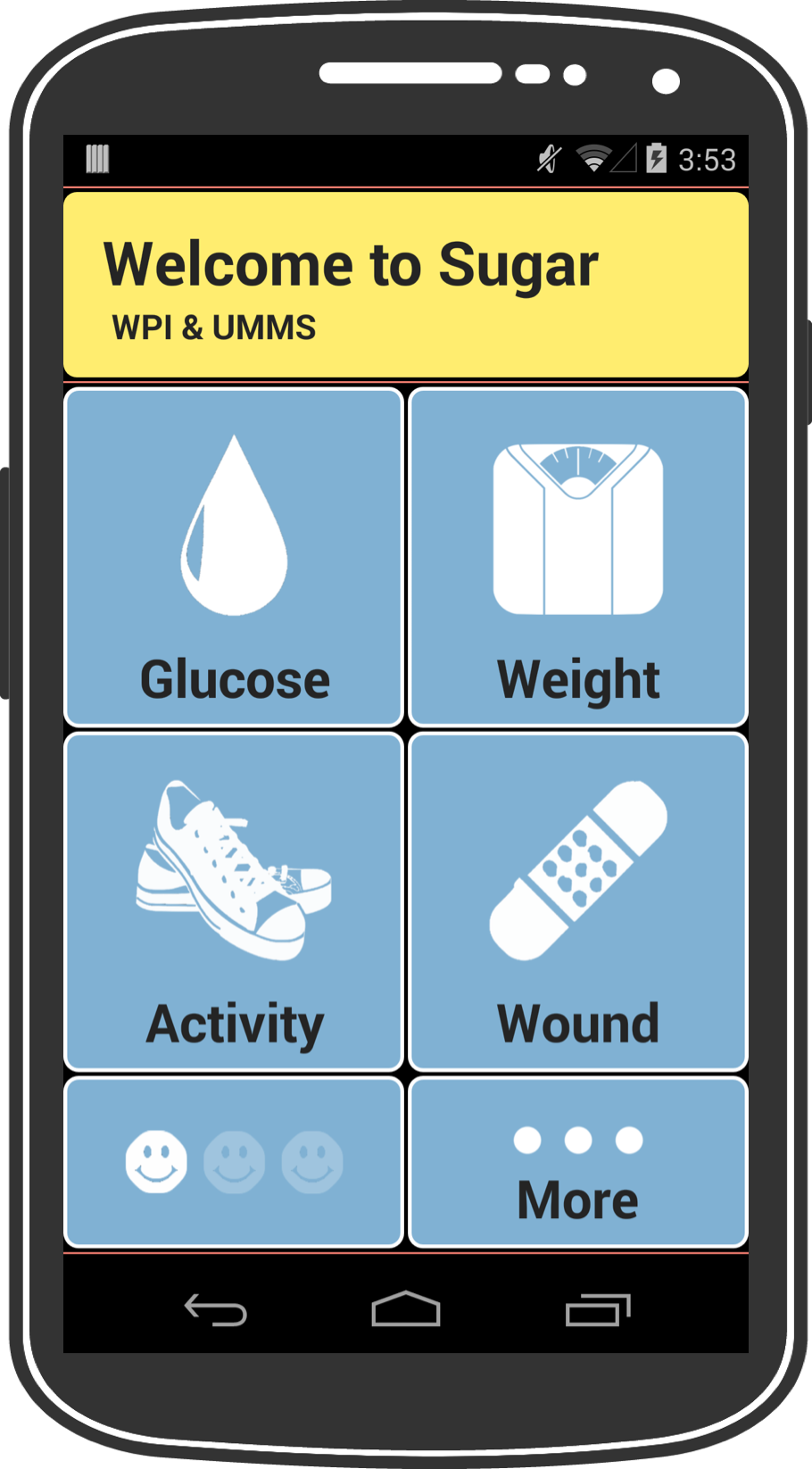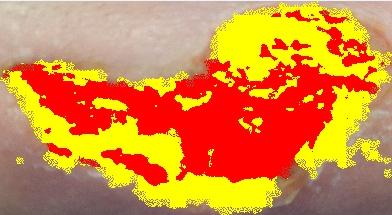Diabetes Phone Care Project
As chronic disease management becomes a more intense problem in the US, the healthcare delivery system is struggling. Patients with diseases such as diabetes can see their primary care physician for 15 minutes or so, only a few times a year, yet their condition likely requires daily attention. This means that those with chronic conditions are essentially responsible for their own disease management, as much as, or even more than, their physicians. So, how well are they doing? With the rising prevalence of type 2 diabetes and heart disease, and associated contributing factors such as obesity and physical inactivity, statistics indicate they are not doing well.
A key part of the solution could be technology. While your doctor is only occasionally available, your mobile phone is usually in your pocket. A smart phone with significant computing and storage capacity could function as a personal health assistant that is always there to manage health information. It could be capable of recording your health status in real time and providing personalized guidance for managing chronic conditions.
This research will develop a smart phone application, called Sugar, that helps patients monitor their diabetes and diabetic foot ulcers, provides them with instant feedback, and encourages them to engage in activities that will improve their well-being.
Developing Sugar involves technical challenges captured in two major research objectives. First, this research will Create Wound Image Analysis Algorithms, which will analyze the progress (healing and detection) of diabetic foot ulcers from images taken by patients using the phone camera. They will automatically determine wound size and color, from which healing progress can be quantified. The algorithms will compare a wound image to previous images, recognize a new wound, use phone camera flash images that provide only moderate lighting and setting control, and run on a smart phone. Second, it will Investigate Mechanisms for Changing Patient Behaviors. This behavioral health objective requires the smart phone to provide timely, patient-tailored reminders and meaningful and actionable feedback about wound and diabetic health progress generated from measures captured or computed by the application.
Management of chronic illnesses, such as Type 2 diabetics, is challenging for both patients and the health care system. Due to poor circulation, often develop chronic wounds that are slow to heal and that require daily care. Given the cost and inconvenience of regular visits to wound clinics, we are developing image analysis tools that can complement to services rendered by wound clinics. Specifically, we ware developing a smart phone app (Android), which tracks the wound size and wound healing process based on images captured with a smart phone. But weight management, exercise, diet and glucose monitoring are also important in order for the wound to heal properly, and thus the smart phone app is set up stop also acquire such data and to provide constructive feedback.


